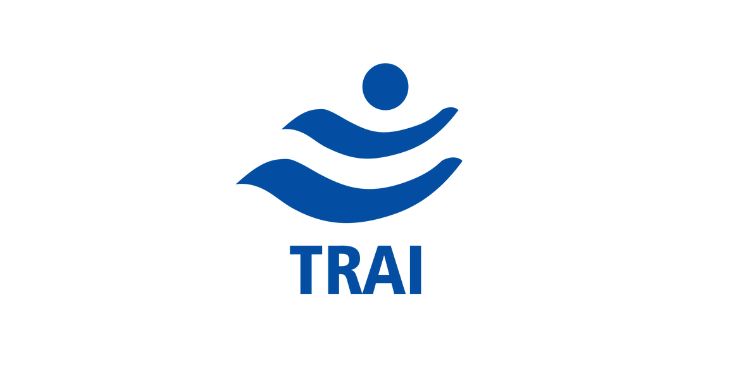Around 128 startup founders, including Zerodha’s Nithin Kamath, Paytm’s Vijay Shekhar Sharma, PhonePe’s Sameer Nigam, and Razorpay’s Harshil Mathur have written to the Telecom Regulatory Authority of India asking the regulator to strengthen the net neutrality norms set up by the government in 2016.
The letter to the telecom authority is in response to telecom operators Bharti Airtel, Reliance Jio and Vodafone Idea proposing that internet companies should pay them a tariff for telecom network costs and for the traffic they generate.
The startups cautioned the regulator against overregulation of internet services, which will drive out smaller players and threaten the democracy of the internet. The TRAI had held a consultation on the issue and invited comments from all stakeholders.
“We are writing to urge the Authority to continue their support for Net Neutrality principles and caution against any move towards overregulation of internet services being described as Over-The-Top services, which may have discriminatory consequences,” the letter said.
It added, “We are principally against bringing such services under the same or similar regulatory framework as telecommunications service providers. We believe that the premise largely relied upon in the consultation paper as well as some of the comments submitted by TSPs – i.e. internet services supposedly being direct substitutes of traditional services and thus stealing the latter’s revenues and profits as well as the existence of a market failure, in which there is a lack of adequate financial incentive for large TSPs to invest in infrastructure due to the lack of compensation – is unfounded.”
The letter went on to say that internet applications were evolving rapidly and provide multiple functions and services to users.
“A particular TSP which is offering data services to the consumer does not control the internet infrastructure in its entirety. It is dependent on several other networks to facilitate this task. Thus, allowing a TSP which is at one edge of the internet to charge differentially for data that it does not alone process, could compromise the entire architecture of the internet itself,” it added.
“We call for the internet to be maintained as an open platform on which network providers treat all content, application, and services equally, without discrimination. This includes not putting a service at a competitive disadvantage, either by imposing additional network fees or other regulatory obligations such as licensing under a telecommunications framework.”
The TRAI had, in February 2016, issued the Prohibition of Discriminatory Tariffs for Data Services Regulations, 2016, restricting discriminatory prices to consumers based on content.
Feedback: [email protected]
















